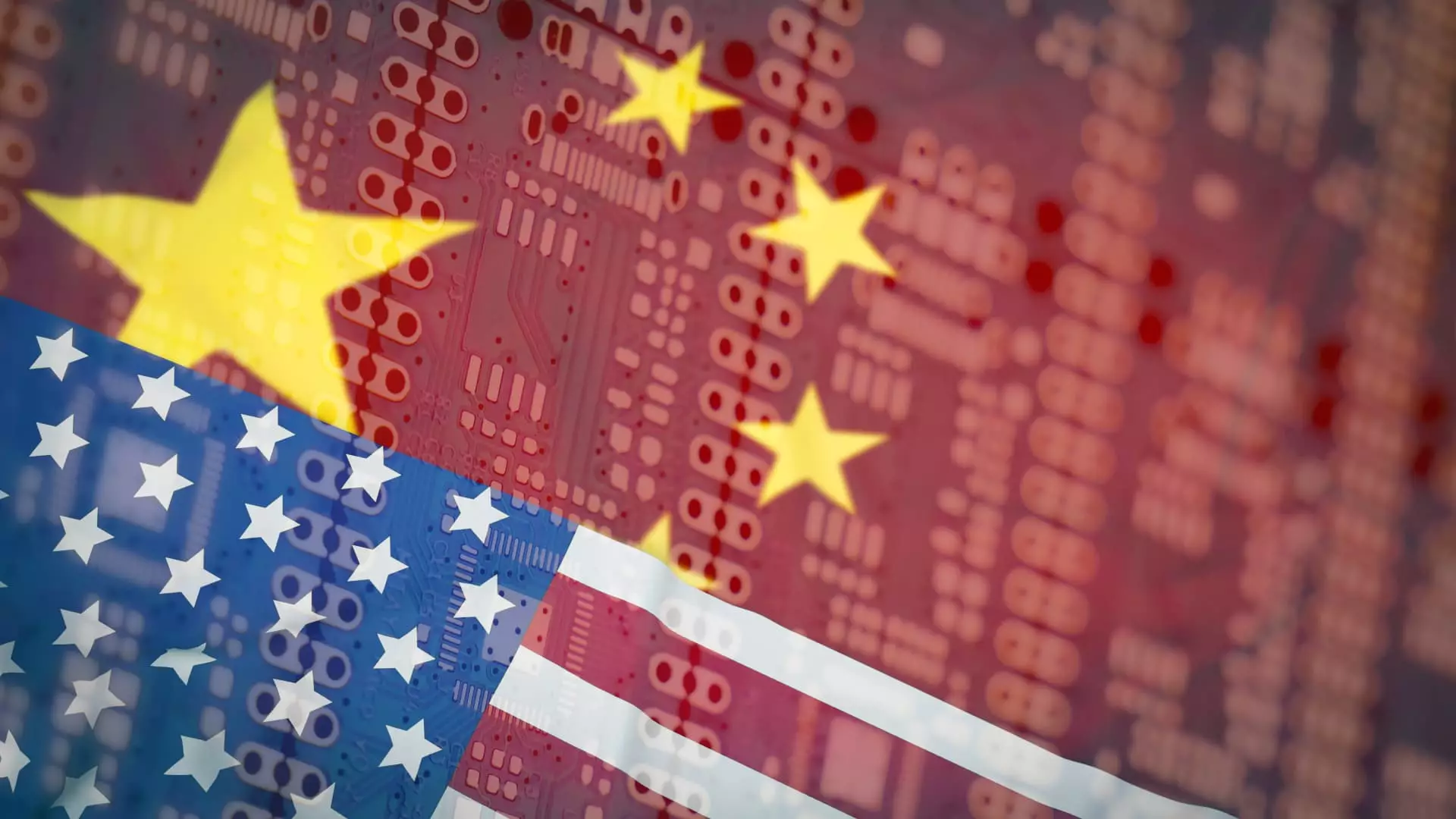The landscape of generative artificial intelligence has been dominated by big U.S. companies like OpenAI, Google, and Meta. However, a new player has emerged in the form of Chinese tech giants such as Alibaba, Tencent, and Huawei. Over the past 18 months, these companies have launched their own AI models in an effort to capitalize on the growing hype surrounding this transformative technology.
China’s push to become a global leader in AI represents a significant shift in the technology battle between the East and the West. While China has been perceived as playing catchup to the U.S., the rapid development and deployment of generative AI models by Chinese firms indicate that the race is heating up.
Generative AI encompasses a wide range of applications, including text, image, and video generation. Companies like OpenAI and Google have developed large AI models, such as ChatGPT and Gemini, which are trained on massive amounts of data to achieve remarkable outcomes.
Several Chinese technology firms have entered the generative AI space with innovative models. Baidu, one of China’s largest internet companies, introduced Ernie Bot, an AI chatbot designed to compete with OpenAI’s ChatGPT. Alibaba launched Tongyi Qianwen, a set of foundational AI models capable of various tasks, including content creation and math problem-solving. Tencent’s Hunyuan model boasts strong Chinese language processing abilities and advanced logical reasoning, catering to industries from gaming to e-commerce. Huawei’s Pangu AI models target specific sectors like government, finance, and meteorology, offering predictive capabilities and generative features.
Chinese tech giants have found ways to differentiate their AI models and offerings in a competitive market. Tencent, for instance, introduced Yuanbao, an AI chatbot powered by its Hunyuan model, aimed at providing unique services on its messaging app, WeChat. Huawei’s Pangu Meteorology Model stands out for its ability to predict typhoon trajectories in a fraction of the time previously required.
While some Chinese companies, like Baidu and Alibaba, have been early players in the generative AI space, others, such as ByteDance, have entered the market more recently. ByteDance made a notable entrance with its Doubao model, offering competitive pricing compared to established players. The model’s capabilities include voice generation and code generation for developers, among other functionalities.
As Chinese tech giants continue to innovate and invest in generative AI models, the global landscape of artificial intelligence is set to undergo significant transformation. With a focus on industry-specific solutions, differentiated offerings, and competitive pricing, these companies are poised to challenge the dominance of their U.S. counterparts in the AI race.

